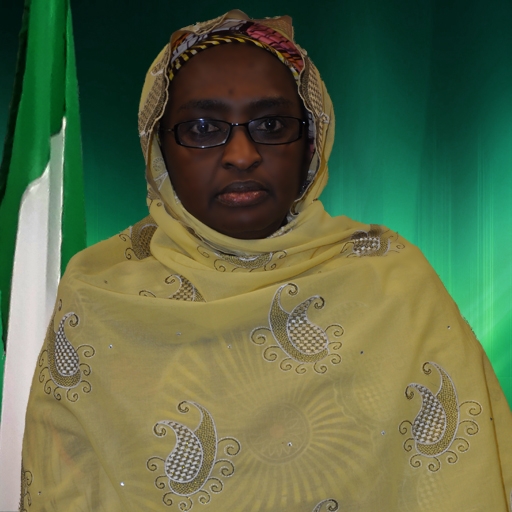The Chairman, House Committee on Electoral and Political Party Matters, Aishatu Dukku, has urged the Independent National Electoral Commission to adopt the policy of de-registering any political party that failed to adhere with the Gender Policy.
Dukku made the call in her remark on Wednesday in Abuja at the ongoing two day workshop on “INEC’s Role in Enhancing Women’s Participation in the Electoral Process: Creating Synergy amongst Women Politicians, Scholars and Activists’’.
She also also suggested that women should boycott future elections if the electoral umpire, political parties and stakeholders in elections failed to implement gender polices in those elections.
These polices, according to her include Nigerian Gender Policy, Political Parties Gender Policies and INEC Gender Policy.
“INEC should adopt the policy of de-registering any political party that fail to adhere with the Gender Policy.
“Women need to organise themselves, continually educate and create awareness of the importance of voting more women into political office and leadership position.
“Nigerian women need to be aggressive in pressing for the implementation of the three important Gender Policies in all electoral process in future (Nigerian Gender Policy, Political Parties Gender Policies and INEC Gender Policy).’’
“It is not going to be out of place to suggest that women boycott future elections if the electoral umpire, political parties and stakeholders in elections fail to implement these three policies in future elections.
“We need to move forward as a Nation; we need to adhere strictly to our laws and must be seen to be all-inclusive in our democratic process.
“We need to also have the courage to do the right thing and give room for equal opportunities for both male and female contestants in elective positions in Nigeria.
“As clearly seen in other developed countries, the contributions of women to nation building can never be over-emphasised. Together, we can move this country forward.’’
Dukku said that since the return to democracy, Nigerian women had tried to gain access to political decision-making positions but their efforts had not been translated to appreciative gains as subsequent elections since 1999 had shown.
She said that the decline in the number of elected female politicians in the 2015 general elections showed a manifestation of female political disempowerment, which, according to her was worrisome.
“In 2007 the National Assembly had nine (8.3 per cent) female Senators and 26 representing 7.2 per cent female members of House of Representatives.
“In 2011, the National Assembly had seven (6.4 per cent) female Senators and 25 (6.9per cent female members in the House of Representatives.
“In 2015, the National Assembly has seven (6.4 per cent) female members in Senate and 22 (5.2 per cent) female members in the House of Representatives.’’
Dukku said there were however some achievements made in recent times as it relates to enhancing women’s participation in the electoral process in the country.
These, according to her, include the Gender and Equal Opportunities Bill that seeks “equal participation and representation of women and men in all decision making process” and the Electoral Act (amendment) Bill passed by the National Assembly in July 2018.
Also listed by her were the Not-Too Young to Run Bill that was recently signed into law by the President; and the Open Government Partnership in Nigeria by President Buhari-led administration.
“It is also worthy to appreciate the efforts of the political parties in enhancing women participation in politics by reducing 50 per cent for women from the amount meant for the payment of nomination and expression of interest forms.’’
Dukku said that going forward in finding solutions to the imbalance as it related to women participation in electoral process, political parties in Nigeria should adopt the Senegal model.
She said that the country adopted a model where the deputy to a candidate in any elective position came from the opposite sex.
PM NEWS
